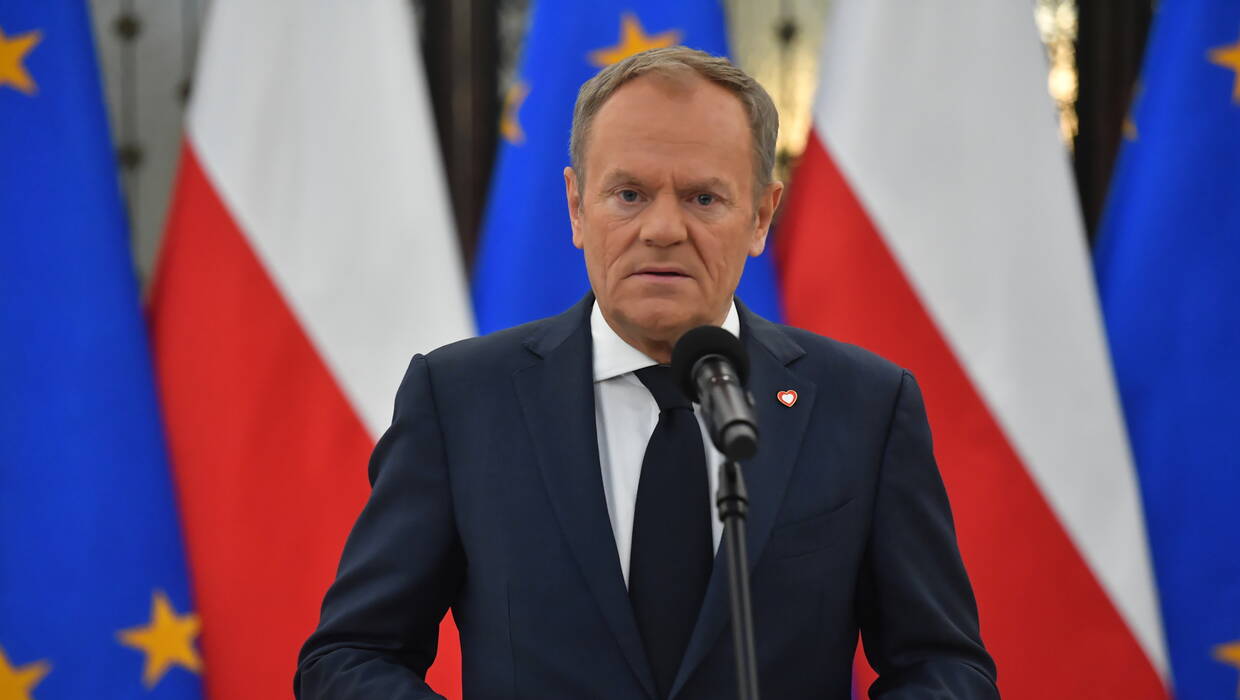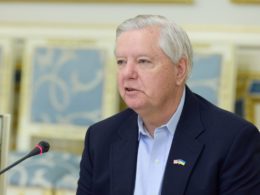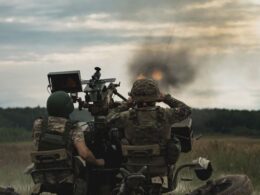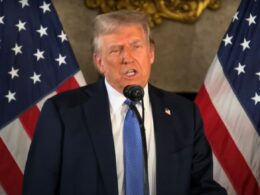Polish Prime Minister Donald Tusk called on the Speaker of the US House of Representatives, Mike Johnson, to take steps to approve aid to Ukraine, advising him to look at the consequences of Russia's strikes on Odesa.
"Look at Odesa, Speaker Johnson. How many more arguments do you need to make a decision?" Tusk wrote on X.
Russia carried out a missile strike on Odesa on 15 March, targeting the same area twice, which resulted in multiple injuries and deaths. The death toll from the strike rose to 21, including one medical personnel member and one rescuer from the State Emergency Service. There were reportedly 70 injured individuals. As of 16 March, 40 injured remain in medical facilities, nine of them are in serious condition.
Johnson agreed on 13 March to unblock the decision on aid to Ukraine, but with significant changes – so that it would be a project from the House of Representatives and the aid would be in the form of a loan or lend-lease.
He also admitted that aid to Ukraine and Israel would still be divided into separate projects. Any new project would have to receive enough votes in the House of Representatives and the Senate.
US Congressional Republicans have stalled approval of new aid funding for Ukraine for months, which led to the ammunition shortage in the Ukrainian military and let Russian Forces take some crucial positions on the east frontline in Ukraine.
French President Emmanuel Macron, German Chancellor Olaf Scholz, and Polish Prime Minister Donald Tusk convened on 15 March in Berlin for a Weimar Triangle meeting to discuss and coordinate further military support for Ukraine.
According to the German Chancellor, the allies will use “profits from Russian assets frozen in Europe to financially support the purchase of weapons for Ukraine.”
Read also:
- “Welcome to hell”: UN report exposes Russia’s systematic torture, killings, and crimes against humanity in Ukraine
- Business Insider: German intel predicts potential Russian attack on NATO from 2026 onwards
- German media reveal possible ‘secret reason’ for not transferring Taurus to Ukraine





